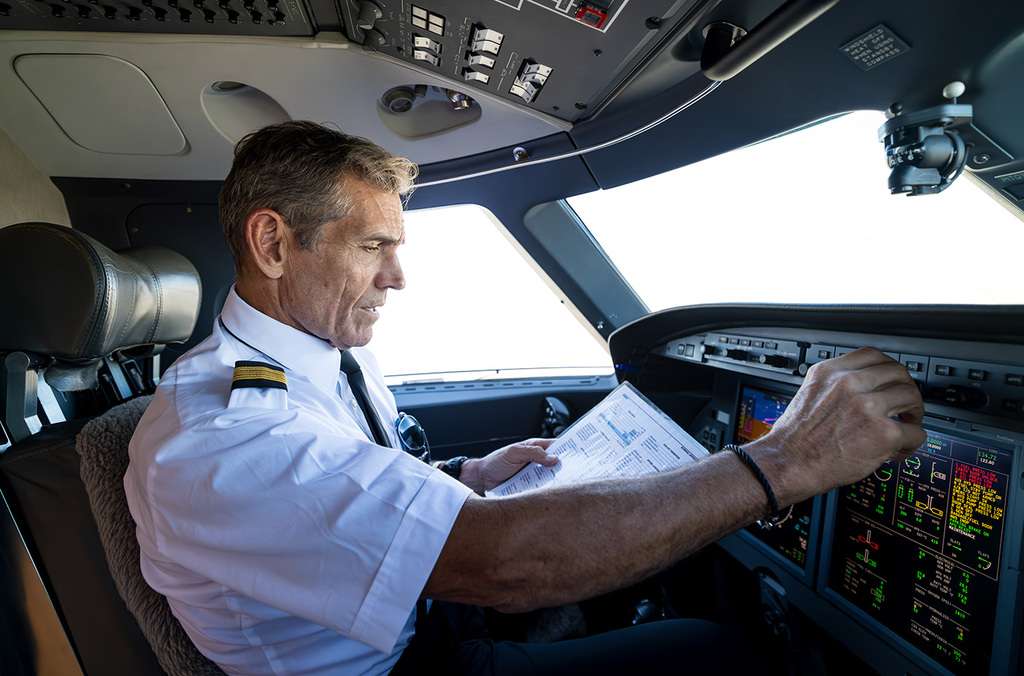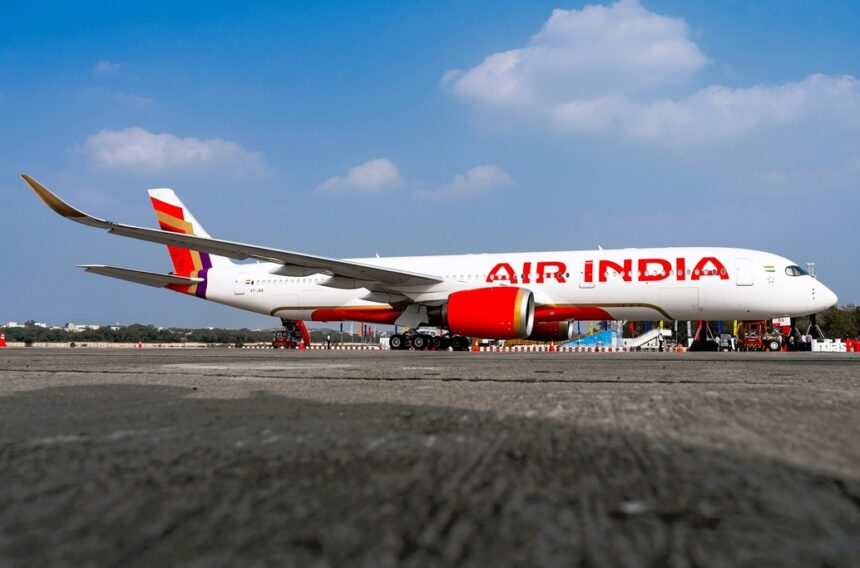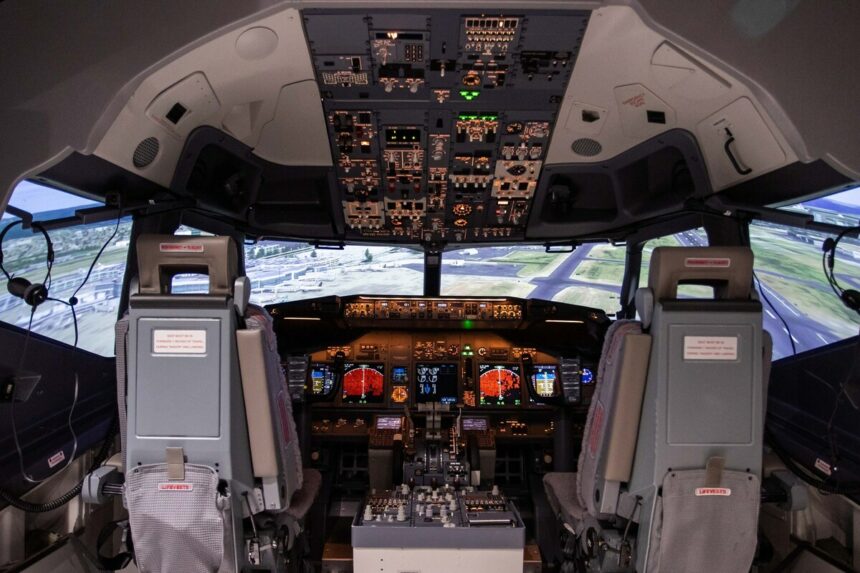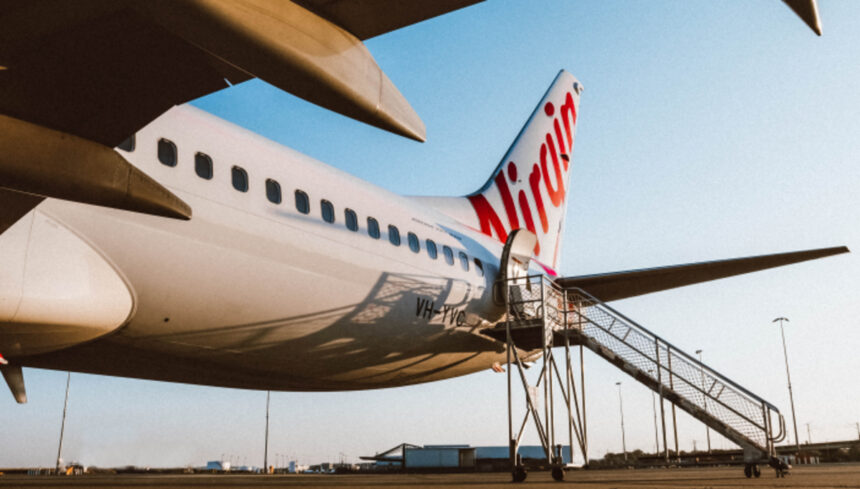Pilots, along with other professionals in the aviation industry, often grapple with mental health issues in silence, fearing the repercussions it may have on their careers.
Addressing this concern, government and industry leaders, including the National Business Aviation Association (NBAA), recently participated in a National Transportation Safety Board (NTSB) summit.
The focus was on putting an end to the stigma surrounding mental health in aviation and creating a support system for those in need.
The Dilemma of Disclosure
Despite regulations mandating pilots to disclose physical and psychological conditions to the Federal Aviation Administration (FAA), a significant number hesitate to share mental health information.
This reluctance stems from the fear of negative consequences on their professional lives.
The NTSB summit provided a platform for participants to share personal experiences, shedding light on the impact mental health challenges can have on both personal and professional aspects of their lives.
[monsterinsights_popular_posts_inline]

Amnesty and Expedited Certification
NTSB Chair Jennifer Homendy advocates for an amnesty provision in new regulations, allowing pilots to openly discuss their mental health struggles without fear of reprisal.
Additionally, she emphasizes the need for the FAA to streamline the processing of medical certifications, labeling the current system as a “very cumbersome, federal bureaucratic nightmare.”
Homendy highlights the financial burden placed on individuals waiting for certifications, often enduring costly psychological testing not covered by insurance.
FAA’s Commitment to Change
In response to these concerns, the FAA has established the Mental Health and Aviation Medical Clearances Rulemaking Committee (ARC).
This committee aims to identify and eliminate barriers preventing pilots and air traffic controllers from reporting and seeking care for mental health issues.
Recommendations from the ARC are expected to be submitted to the FAA by March 2024.
Shifting Perspectives Among Future Aviation Professionals
The summit revealed a generational shift in attitudes toward mental health among upcoming aviation professionals. Younger individuals in the industry are more willing to acknowledge and discuss mental health issues.
Professor Harley Waters, student wellness coordinator and professional pilot faculty member at Middle Tennessee State University, noted that her current students went through high school during the pandemic, which had a big impact on how they view mental health.
“They want the changes and they are willing to make the changes,” she said. “The future aviation professionals we have, they are a force to be reckoned with, they see the change and they yearn for it.”
Andrew LeBovidge of the National Air Traffic Controllers Association notes that the current generation of aviation professionals is eager to bring about positive change in how mental health is perceived and addressed.
“Mental health issues are not new, but they are being addressed differently,” said Andrew LeBovidge, “We have the opportunity to seize this moment in time.”
Tailored Support Across Aviation Segments
While commercial aviation boasts robust peer-to-peer support programs, it’s acknowledged that a one-size-fits-all approach won’t suffice.
Bruce Landsberg, past vice chair of the NTSB, emphasizes the need for collaboration across all segments of the industry.
Acknowledging the resource disparity between commercial and general aviation, the consensus is that a united effort is necessary to address mental health challenges effectively.

Business Aviation’s Unique Challenge
Mark Larsen, NBAA Director of Safety and Flight Operations, highlights the unique challenges faced by business aviation, with over 14,000 operators in the U.S. developing tailored peer-to-peer support.
“We need to be able to bring in professionals when necessary,” he said. “There’s absolutely a place for peer-to-peer support in evolving the culture, and we need [FAA policy support for] access to care and access to those who can help.”
NBAA is actively working on a program for the business aviation community, ensuring professional mental health support is available when needed.
Summary
As the day-long summit concluded, participants expressed optimism but stressed the importance of moving from discussions to actions.
“I believe we’re on the right track and I’m very hopeful there can be a meeting of the minds without too much over analysis,” said Keith Silva, a pilot for Republic Airways and a licensed professional counsellor.
The call is for ongoing collaborative efforts, ensuring progress in transforming the industry’s approach to mental health.

Click the banner to subscribe to our weekly newsleter.

Click the photo to join our WhatsApp channel so then you can stay up to date with everything going on in the aviation industry!









